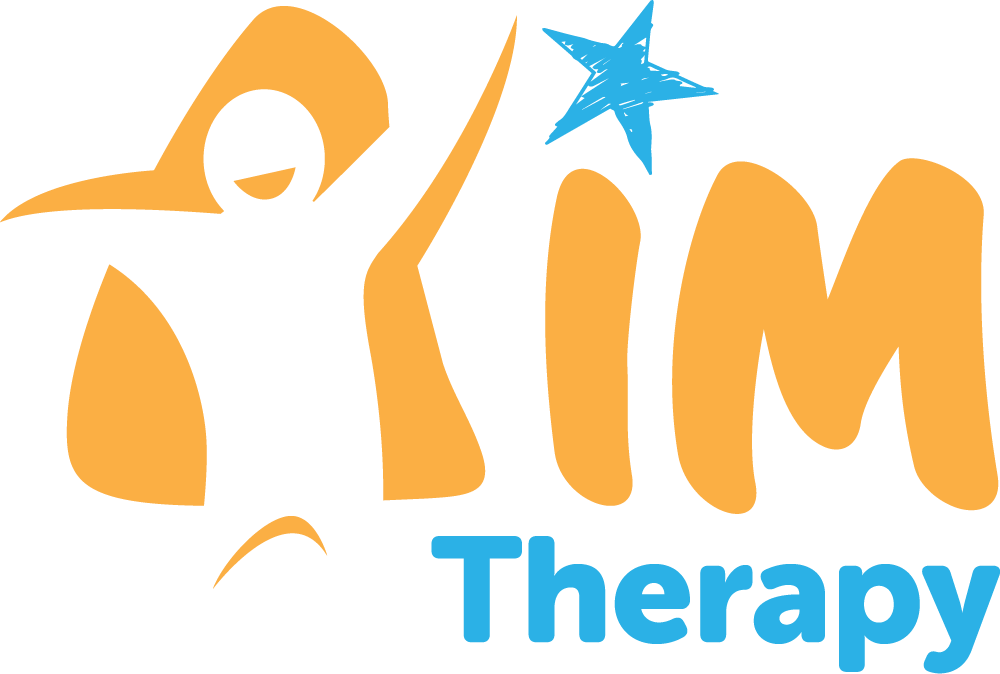Underachievement at school
Underachievement is the unanticipated difference between accomplishment and ability. Underachievement is a very complex situation with many possible interwoven causes.
Among the areas to explore are:
- social issues such as peer pressure;
- psychological issues such as emotional sensitivities or perfectionism;
- undiagnosed learning disabilities;
- lack of interest in curriculum or curriculum is not challenging and engaging;
- low teacher expectations, especially with twice-exceptional, minority, and students from low-income backgrounds.
Talk to your child and her teacher. It is important to work with your child while simultaneously helping the school find appropriate options to provide supportive and stimulating learning opportunities. Answers to the following questions can point you to possible solutions:
- Does your child believe he can do the work and has control over how well he does?
- Does your child see value in the work at school?
Other considerations:
- How have your child’s teachers dealt with the situation so far? Has any school intervention been more successful than any other?
- Are negative stereotypes or social pressures encouraging your child to “not be smart”?
- Are there particular areas or activities that your child really likes at school? And what does he or she talk about when excited?
- What does your child dislike and what is most difficult? In other words, does he or she like beginning a project, but does not like completing it?
- Do you observe bored behaviour at home and, if so, when?
If your child is having difficulties at school and you feel they are underachieving, AIM Psychologists can first assess your child and then create individualised therapy plans to improve their skills. Together with you, AIM Psychologist’s will create goals that can be worked on at home and at school in order to optimise outcomes for your child, contact 6150 8339 or reception@aimtherapy.com.au.
